Coffee May Prevent Depression, Scientists Say
A study of 50,000 American women showed that those who drank two or more cups of coffee a day were less likely to get depressed. It is not clear why it might have this effect, but the authors believe caffeine in coffee may alter the brain's chemistry -- it is known to enhance feelings of wellbeing and energy.


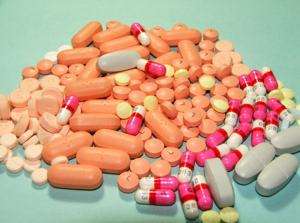
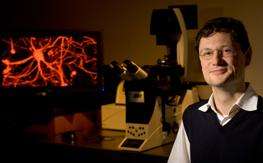

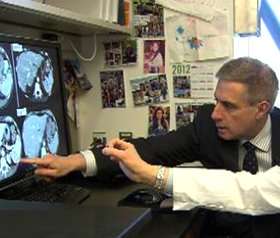
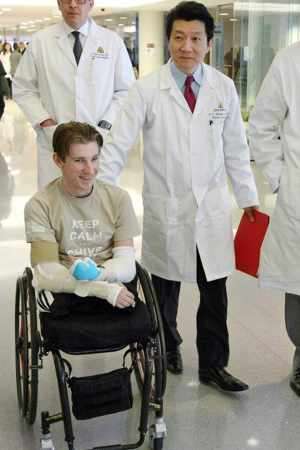
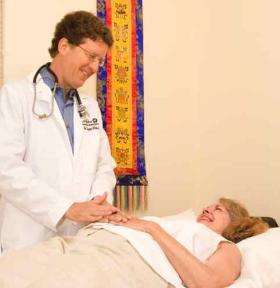




Recent Stories
A Heartfelt Reminder to Appreciate the Ones We Love
Cherish the Woman Who Stands by You
Breaking Generational Cycles of Pain
Living by Your Own Values, Not Others' Approval
When Life Brings Rain, It’s Okay to Rest
Before You Judge Someone's Life, Take a Moment to Walk in Their Shoes.
A Friend Who Spreads Gossip is Not a True Friend at All
The Value of Human Connection Over Digital Convenience
The Quiet Kind of Love
One Day, Your Mom Won’t Call You Anymore
I’ve reached a point in my life...
Happiness is a mindset, a conscious choice we make every day